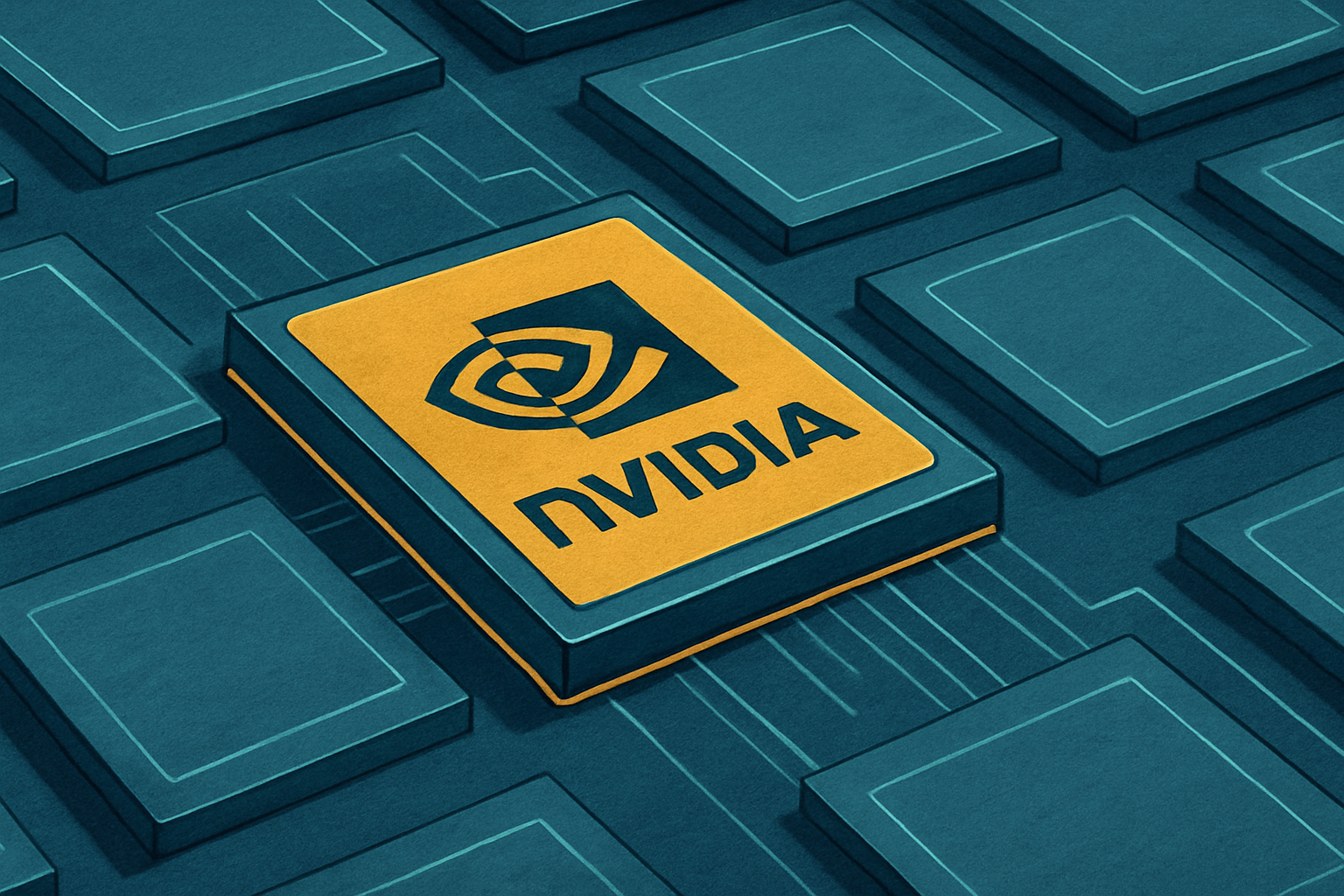Nvidia reported third-quarter revenue of around $57 billion, up roughly 62 per cent year-on-year, as demand for its AI-optimised data-centre chips remained strong. Its data-centre business alone accounted for around $51 billion, underscoring the scale of global investment in generative-AI infrastructure.
The company forecast fourth-quarter revenue of about $65 billion — comfortably above analysts’ consensus of $61.7 billion. Chief executive Jensen Huang sought to dispel concerns that the sector is entering speculative territory. “There’s been a lot of talk about an AI bubble,” he said. “From our vantage point, we see something very different.”
The results immediately lifted sentiment across equity markets. Nvidia’s shares rose more than 5 per cent in after-hours trading, while Asia-Pacific indices turned sharply higher on Thursday morning. Tech-heavy exchanges in Japan, South Korea, and Taiwan all advanced, with investors treating Nvidia’s guidance as evidence that enterprise spending on AI systems remains resilient despite slowing economic data elsewhere.
Analysts cautioned, however, that the relief may prove temporary. The company’s revenue remains highly concentrated — four customers accounted for around 61 per cent of sales in the quarter, up from 56 per cent in the previous period. Export controls on advanced chips to China also continue to pose a strategic risk to Nvidia’s growth trajectory, even as demand in the United States and Europe expands.
For market participants, Nvidia’s report served as both validation and warning. The company’s sustained outperformance suggests that the AI boom still has real commercial depth, but it also highlights how dependent investor sentiment has become on a single corporate proxy. A weak showing could have triggered a deeper sell-off in technology shares — instead, the strong beat provided a short-term buffer.
Beyond Nvidia, broader market attention now shifts to upcoming US labour data, seen as a key test of whether inflationary pressures are easing. While the chipmaker’s forecast steadied nerves, it does little to resolve the larger macroeconomic picture that continues to drive monetary-policy expectations.
For now, Nvidia’s results have bought breathing space for global technology stocks. Whether that optimism holds will depend on how long the AI investment cycle can sustain its pace — and whether growth in the sector broadens beyond a single dominant player.



